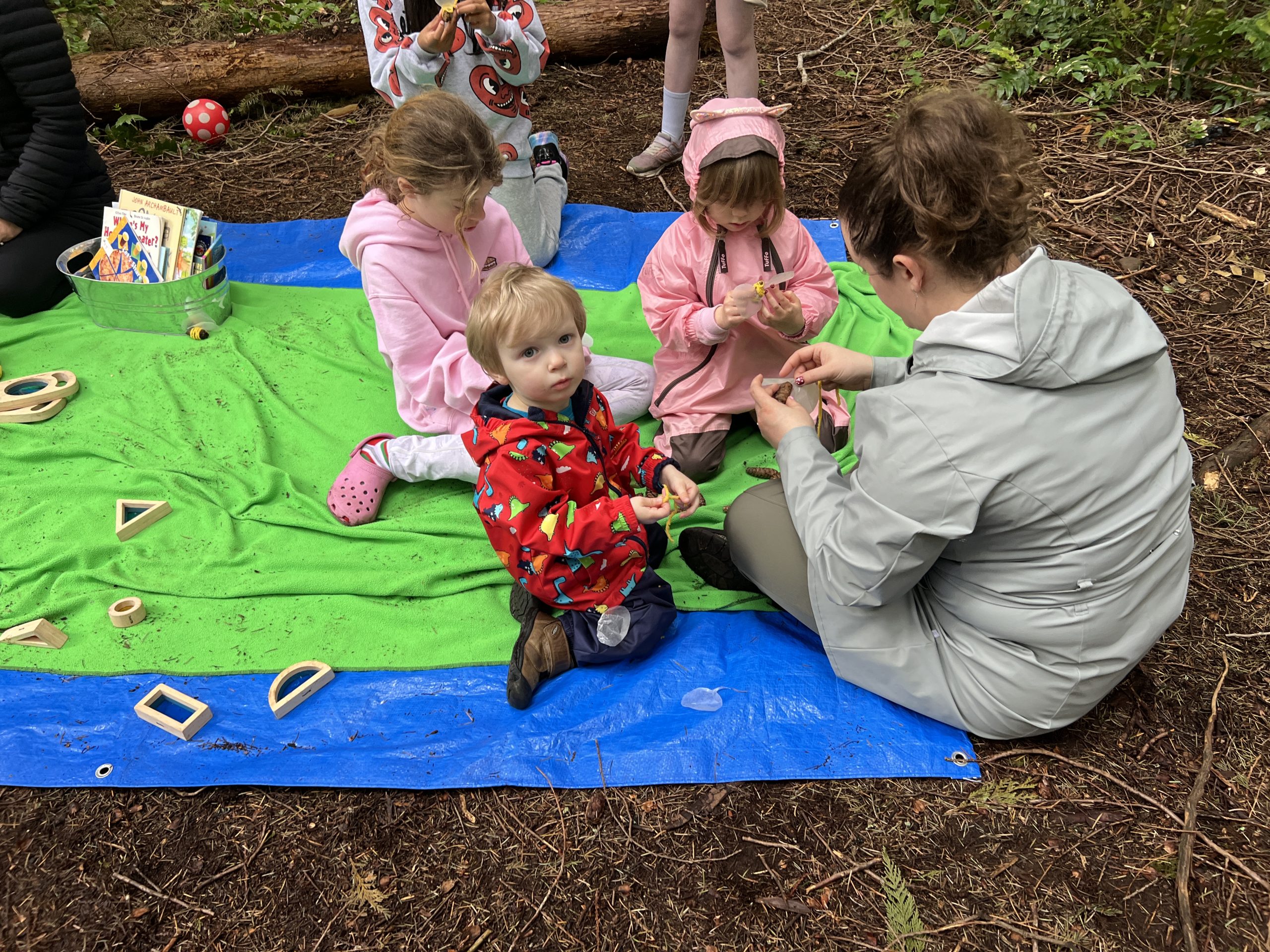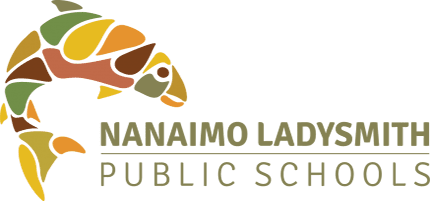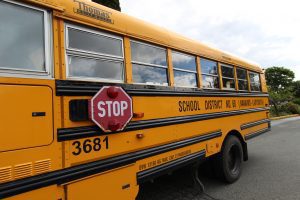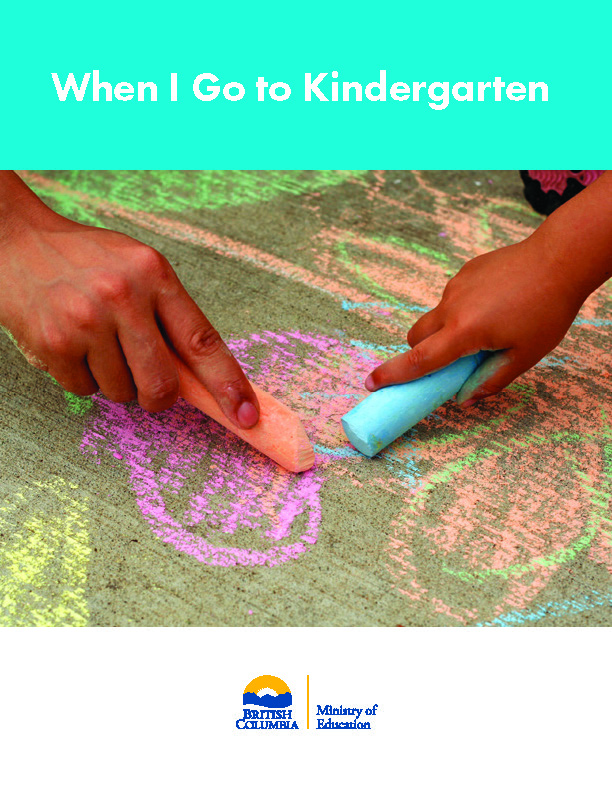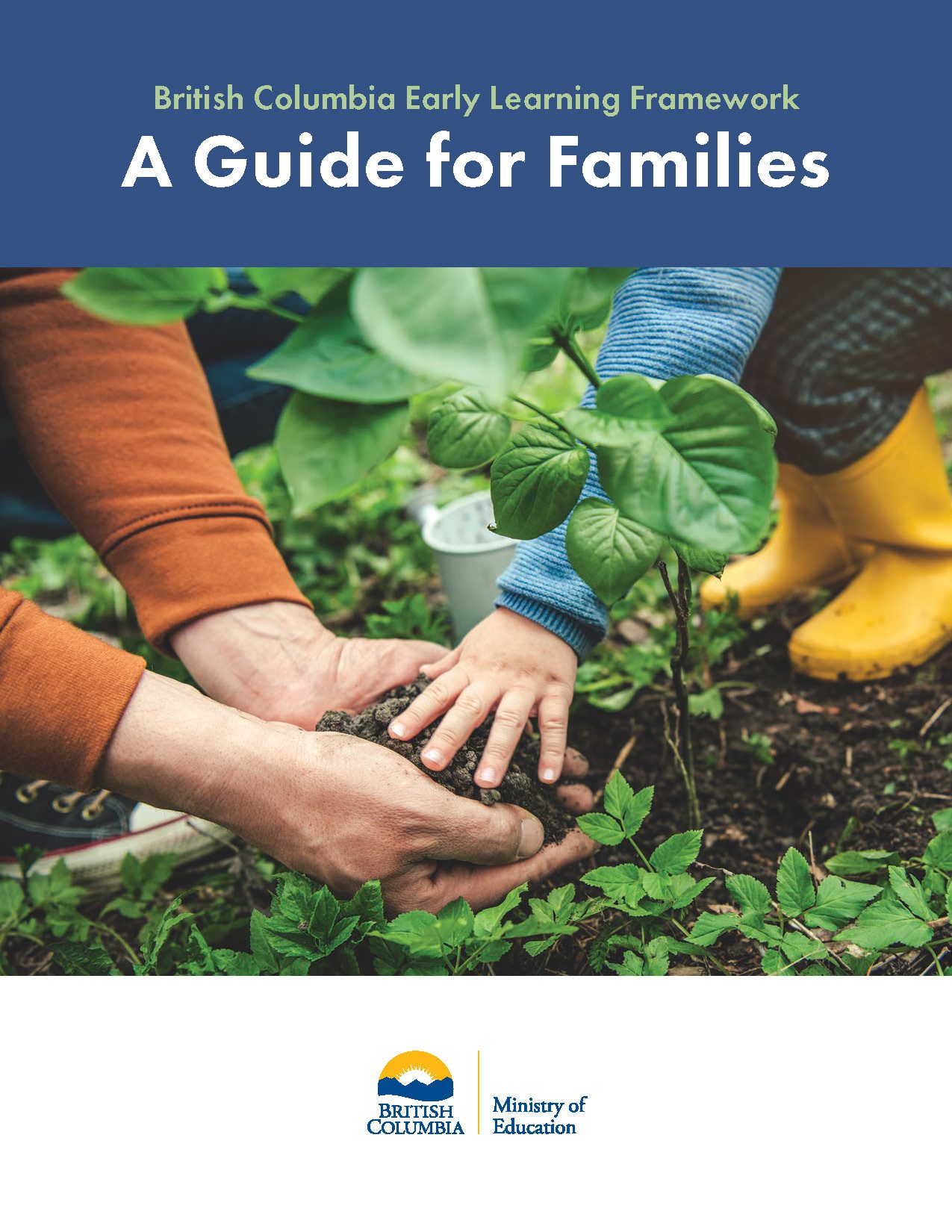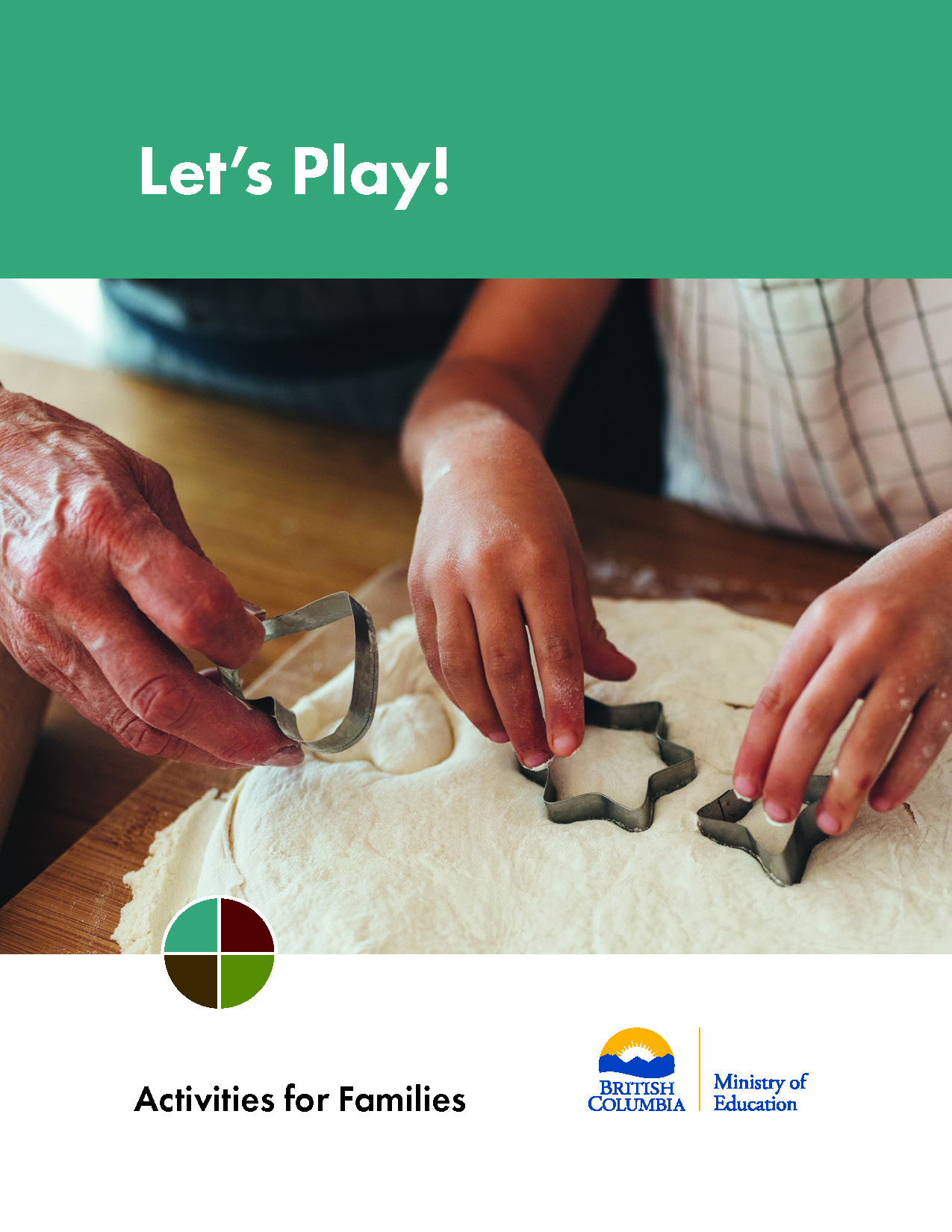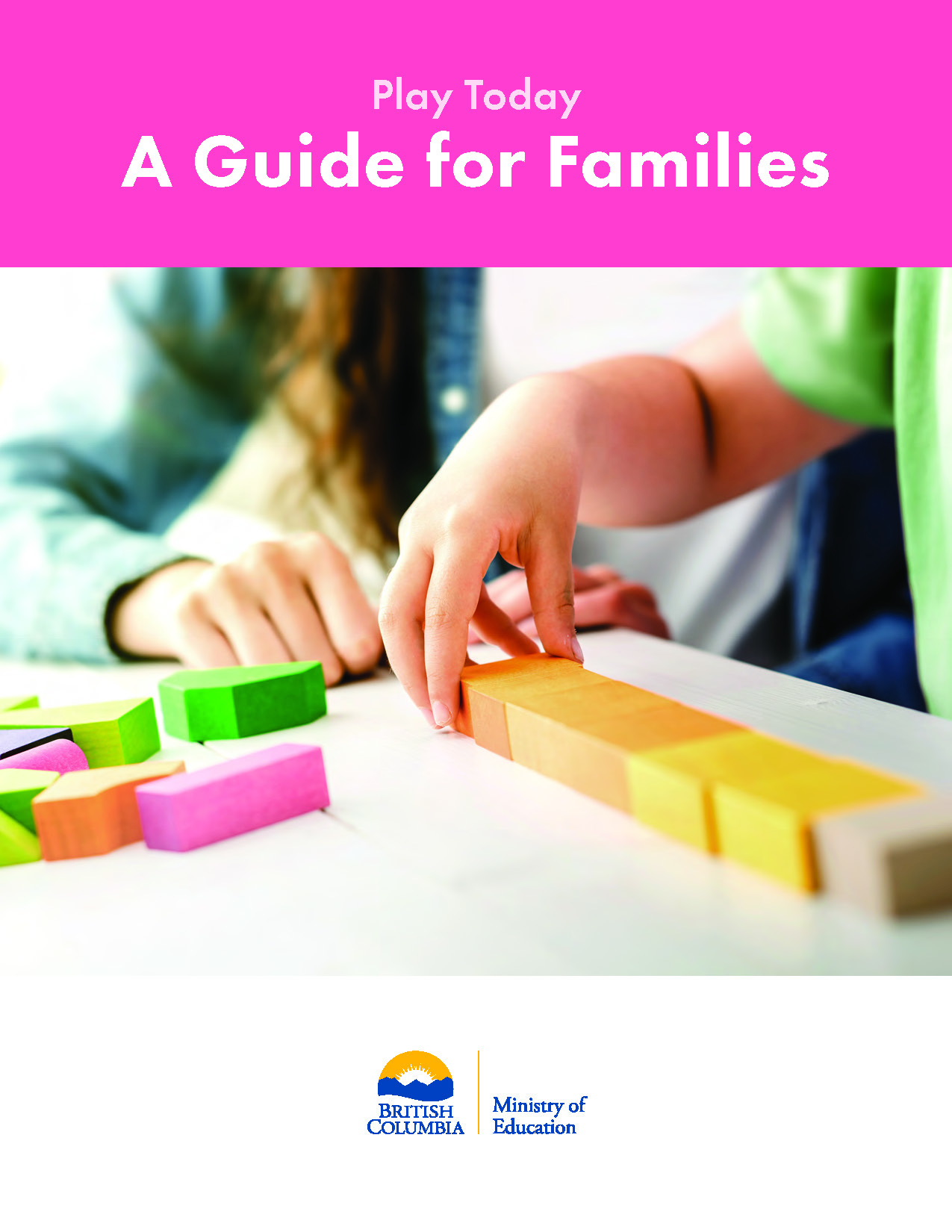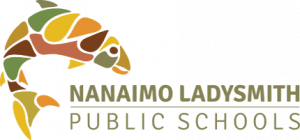In BC, ‘Early Years’ now includes children from birth to 8 years of age. NLPS’ Early Years Team works with educators, childcare providers, and community partners to provide early learning opportunities for families and young children. Through partnerships, we strengthen the connection between home and school, including supporting the transition to Kindergarten. We strive to create early learning centres and programs that have welcoming and inclusive environments. We recognize that families are the child’s first teacher and know their child best. NLPS Early Years is guided by the First People Principles of Learning and the Principles of the BC Early Learning Framework. Respectfully Living and Learning Together ~ BC Early Learning Framework
Early Years programs include Ready, Set, Learn & StrongStart Centres
Ready Set Learn events
Ready, Set, Learn events are intended for families and their preschool-aged children (ages 3-5). It is all about fostering positive connections between families, the school system and local community agencies.
All families with children 3-5 years old are invited to a FREE Ready, Set, Learn event! This is a family-orientated drop-in playtime where you and your child(ren) will take part in a variety of play-based activities and enjoy some pizza too
You will receive a copy of the Let’s Play! Activities for Families developed by the Ministry of Education.
StrongStart Centres
StrongStart Centres – If you haven’t already registered, registration is available online – it can be done on a computer, tablet or phone. Find out more.
Inclusion in NLPS
Inclusion is the belief that all students should, where possible, receive their education in age-appropriate regular classrooms in their neighbourhood schools. The school district, together with parents, determines the support(s) needed for successful inclusion.
Inclusion is a continuum of options designed to foster the feelings of belonging, acceptance and community.
